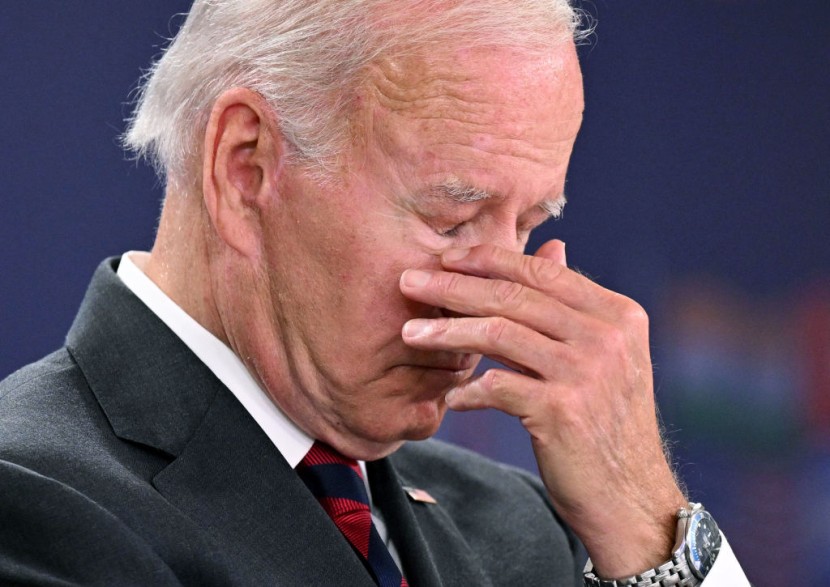
The Supreme Court declined on Thursday to freeze a lower court order that blocked United States President Joe Biden's immigration policies in Judge Ketanji Brown Jackson's first vote since joining the court.
Jackson and Justices Elena Kagan, Sonia Sotomayor, and Amy Coney Barrett dissented from the court's action. Furthermore, the court also agreed to hear arguments on the merits of the case next term in its December sitting, adding another substantial dispute to the court's docket that already includes cases on voting rights, religious liberty, the environment, and affirmative action.
Immigration Policies
The court's 5-4 order, which was made under the notion that the policies contradicted with immigration laws, is considered to be a loss for the Biden administration which is trying to return to Obama-era policies that limit immigration arrests in order to focus on security risks instead of the more aggressive approach taken under the Trump administration.
In a statement, Homeland Security Secretary Alejandro Mayorkas argued that a priority-driven approach to immigration enforcement is a better use of the department's limited resources. He argued that it focuses the attention on security risks, as per CNN.
The case marks Jackson's first since she was sworn into the Supreme Court on June 30 after she succeeded Stephen Breyer. It also came at the end of a blockbuster term where the justices divided bitterly at times along ideological lines on some of the biggest social questions of the day, including abortion, gun rights, religious liberty, and the environment.
Jackson was able to officially begin her work after the administration of two oaths, where she set up her chambers and prepared for next term's arguments that are scheduled to begin in October.
According to Politico, the Justice Department asked the Supreme Court earlier this month for an emergency stay after lower-court rulings. The Biden administration asked that, at a minimum, the ruling take effect only in Texas and Louisiana, the two states that brought the legal challenge.
National Security
In the Justice Department's filing, Solicitor General Elizabeth Prelogar wrote that the judgment is thwarting the Secretary's direction of the Department he leads and is disrupting the DHS's efforts to focus its limited resources on the non-citizens who pose the gravest threat to national security, public safety, and the integrity of our Nation's borders.
Homeland Security Secretary Alejandro Mayorkas issued the guidelines in September and were part of the Biden administration's effort to move away from former President Trump's immigration enforcement policies.
The Supreme Court's ruling is not likely to drastically change how ICE operates in the region, partly because the agency does not have the capacity to detain all migrants with criminal convictions. However, it was yet another setback for the Democratic leadership's efforts on immigration.
Officials of the Biden administration have argued that it was necessary for ICE to set priorities in light of the fact that there are more than 11 million non-citizens in the United States. They argued that the federal government does not have the resources to apprehend and seek to deport all of them.
The initial suit to block the guidelines was made by Texas and Louisiana after authorities argued that allowed many immigrants with criminal records to remain free while their cases move forward, imposing burdens on the states' justice systems, the New York Times reported.
Related Article:
© 2025 HNGN, All rights reserved. Do not reproduce without permission.








